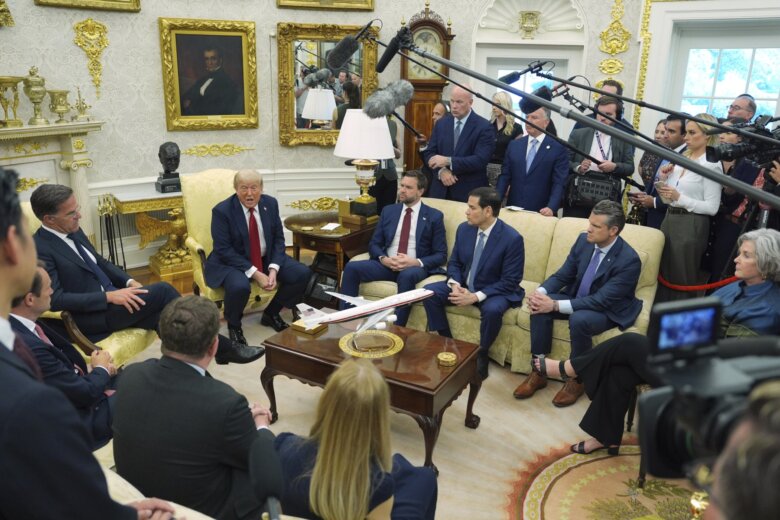From deepening tensions in Eastern Europe to an escalating humanitarian crisis in the Middle East and a renewed focus on unresolved controversies within the United States, these events are intersecting at a time when American leadership is under close international scrutiny.
A wave of major international developments is unfolding simultaneously, each with significant geopolitical weight.
From deepening tensions in Eastern Europe to an escalating humanitarian crisis in the Middle East and a renewed focus on unresolved controversies within the United States, these events are intersecting at a time when American leadership is under close international scrutiny.
In Eastern Europe, Russia’s recent decision to allow its citizens to vote and run for office in Belarus has prompted concern among NATO countries. While Moscow frames the move as part of a reciprocal agreement within the Russia-Belarus Union State, critics in the region see it as a step toward deeper political integration — one that could affect the regional balance of power.
In the Middle East, conditions in Gaza are deteriorating rapidly, with reports of over 115 deaths from starvation. Ceasefire negotiations have stalled. The U.S. recently withdrew its delegation from talks in Doha, citing a lack of progress.
At the same time, France has announced it will recognize the State of Palestine, a decision it says is intended to help restart diplomacy. The move reflects a shift in international engagement, with some U.S. partners taking more prominent roles in mediation efforts.
Domestically, President Donald Trump has reignited debate by claiming that former President Barack Obama attempted to orchestrate a coup during his first term. While no evidence has been presented, the statement has received broad coverage and adds to an already tense political climate in Washington.
Also resurfacing is the Jeffrey Epstein case, as newly released documents and ongoing investigations draw fresh attention to long-standing questions involving high-profile figures, including President Trump. The federal response remains limited, while public and media interest continues to grow.
Navigating a shifting global landscape
The Trump administration appears to have taken firm positions on several of these issues, prioritizing national sovereignty, disengagement from multilateral negotiations when progress stalls and a focus on bilateral relationships. These choices are being closely observed by international allies and competitors alike, as countries adjust to a period of evolving U.S. engagement on the world stage.
Some European nations are responding by expanding their own diplomatic roles — particularly in Gaza, where France has emerged as a leading voice in calling for a two-state solution and humanitarian aid access. French President Emmanuel Macron escalated the conversation by recognizing “a Palestinian state.”
In Eastern Europe, NATO countries are reassessing regional security dynamics in light of growing Russian-Belarusian alignment.
Meanwhile, rising political tensions at home, and renewed focus on unresolved legal and ethical questions, are contributing to a sense of internal complexity that is shaping how the U.S. is viewed abroad.
A period of strategic recalibration
These developments reflect a moment of global transition, where long-standing assumptions about power, diplomacy and international cooperation are being reevaluated. While the U.S. continues to play a central role in global affairs, its approach is changing; and with it, the responses of other key actors on the world stage.
What remains clear is that the coming months will test not only America’s diplomatic strategies but also the capacity of the broader international network to manage multiple, overlapping crises.
A Western intelligence source says, “If the U.S. mismanages this moment — failing to respond decisively to Russia’s advance in Eastern Europe, the humanitarian crisis in Gaza and rising instability at home — it risks more than diplomatic setbacks.”
It could, according to the source, “accelerate a shift in global power, embolden authoritarian actors, weaken long-standing alliances and create a leadership vacuum that others are already beginning to fill.”
What’s at stake is not just America’s credibility but also its ability to shape the rules of a rapidly changing world.
Get breaking news and daily headlines delivered to your email inbox by signing up here.
© 2025 WTOP. All Rights Reserved. This website is not intended for users located within the European Economic Area.

